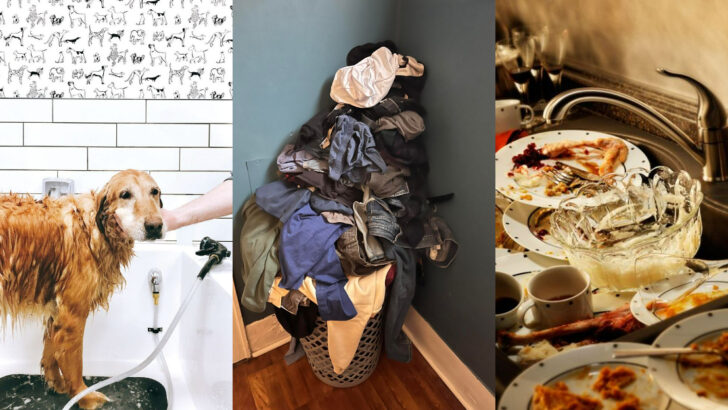Fleas aren’t just annoying—they’re relentless. Once they invade, they turn your home into their personal buffet, biting, jumping, and multiplying at a speed that feels almost supernatural. But what if you’re the one accidentally luring them in?
Turns out, certain smells act like an open invitation for these tiny terrors. Some are obvious, others are downright surprising, but all of them make your home irresistible to fleas.
From everyday scents to things you’d never suspect, these sneaky attractants could be the reason fleas keep finding their way inside.
Ready to find out if your home smells like a flea paradise? Let’s get into it.
Pet Odor
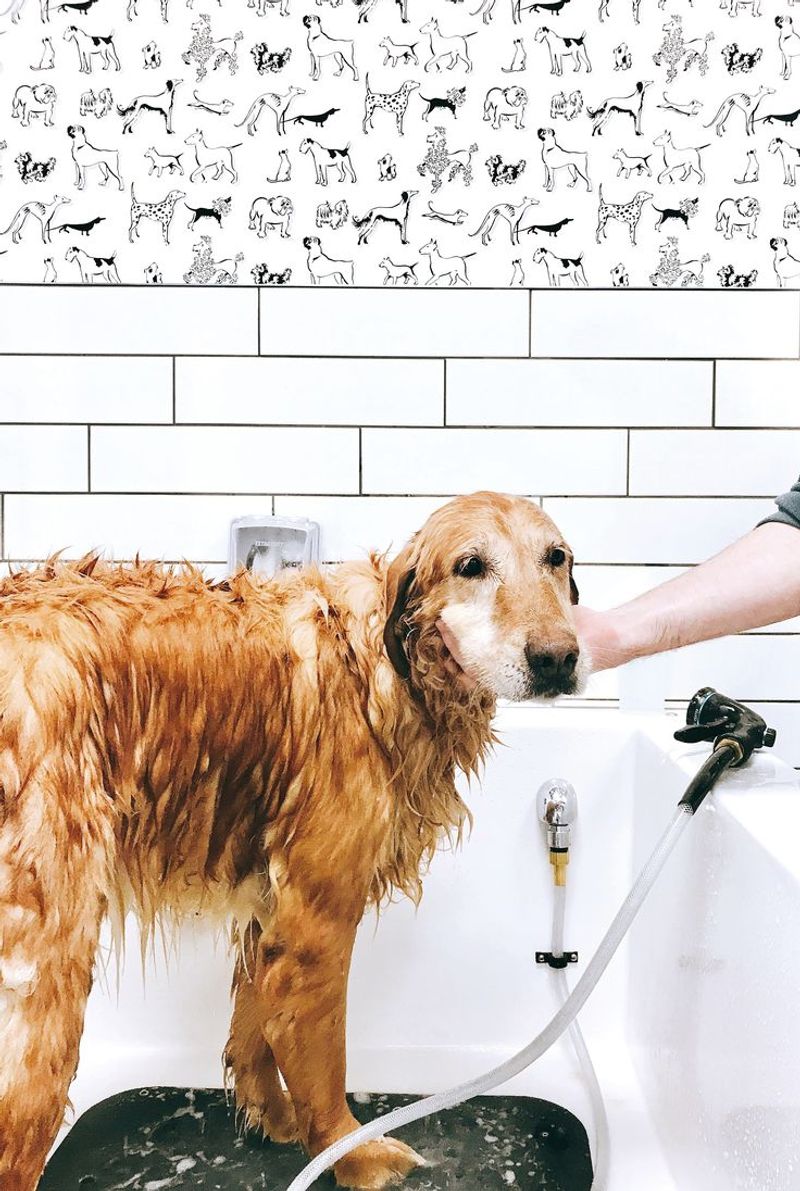
Your furry friend’s distinctive scent might be more inviting to fleas than you think. Pets naturally carry an aroma that, while comforting to us, signals a potential food source to fleas.
Regular grooming and bathing are essential to minimize this attraction. Vacuuming pet areas frequently can also help manage this scent.
Consider using pet-safe essential oils to disguise pet odors. Keeping pet bedding clean is crucial, as fleas often hide there.
Make sure to wash and replace bedding regularly to keep the environment less appealing to these pests.
Dirty Laundry
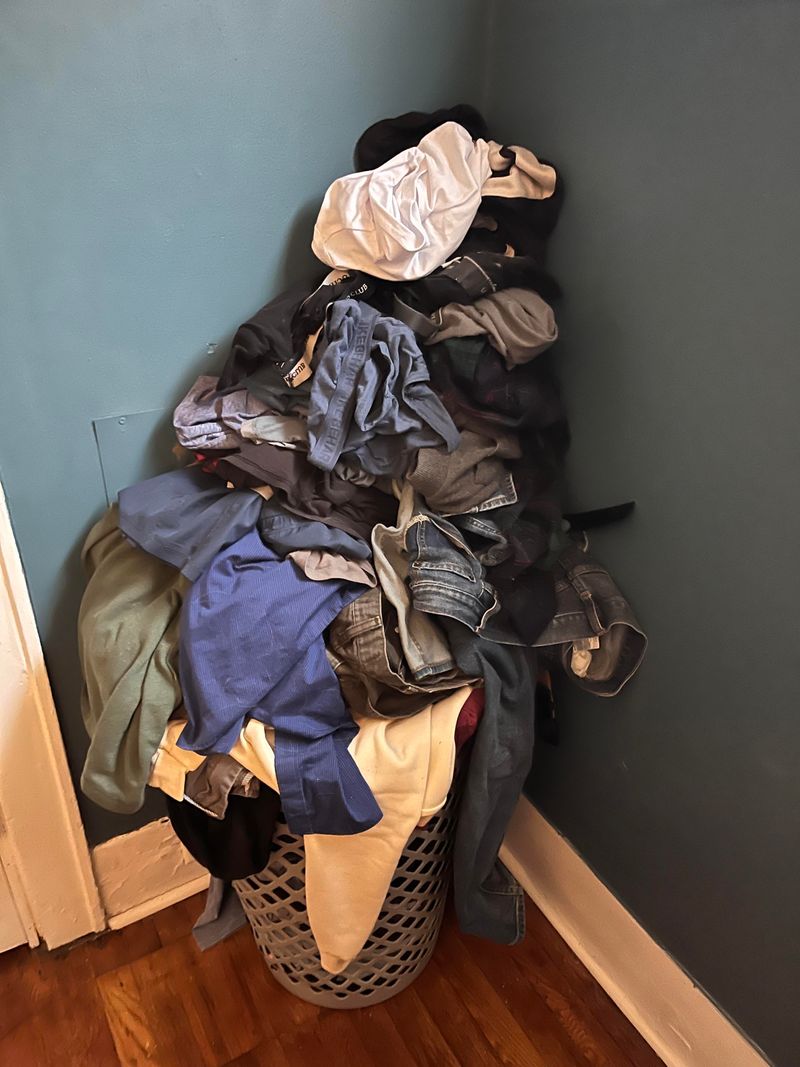
The familiar scent of sweat and body oils on dirty laundry can attract fleas looking for a warm host. Piles of clothing left unchecked might become an unwitting haven for these pests.
Regularly washing clothes and keeping them off the floor is important in controlling potential flea homes. Use a high-heat setting to kill any pests that might have taken residence.
Consider scented laundry detergents that mask human odors effectively. Proper organization and storage can significantly reduce the risk of fleas embedding into your fabrics.
Carpet and Rugs
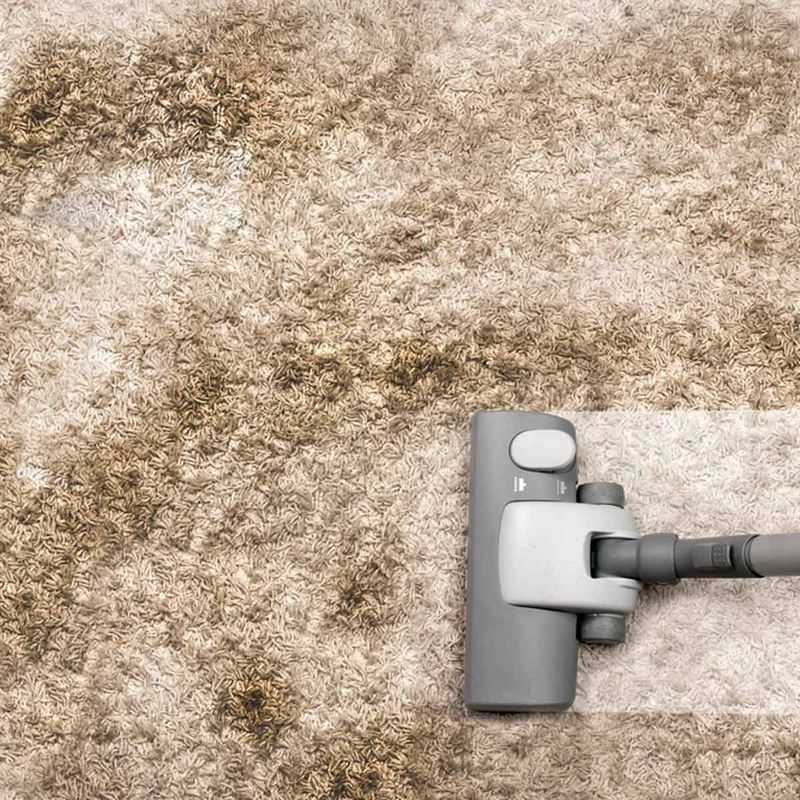
Carpets and rugs can trap odors, making them an ideal hiding place for fleas. The combination of foot traffic and organic debris offers a cozy environment for fleas to thrive.
Regular vacuuming is essential to manage this risk. Deep cleaning with steam or professional services can effectively remove deeply embedded odors.
Consider using flea-repellent sprays on carpets to add an extra layer of protection. Maintaining cleanliness in these areas is key to keeping fleas at bay, ensuring your home remains comfortable and pest-free.
Stagnant Water
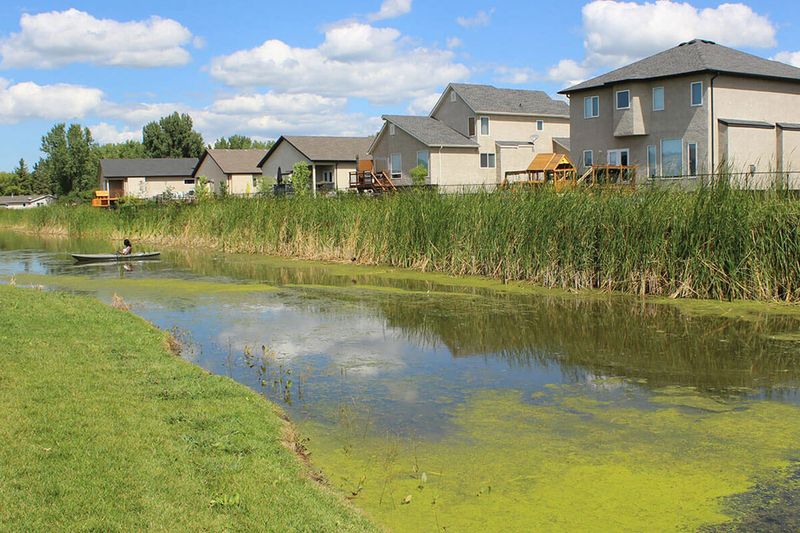
Stagnant water in or around your home contributes to musty odors that fleas find attractive. Whether it’s a forgotten pet bowl or a clogged gutter, these areas can become problematic.
Regularly changing and cleaning pet water dishes is crucial. Fixing leaks and ensuring proper drainage eliminates standing water.
Consider landscaping changes that discourage water accumulation. Additionally, outdoor fountains and ponds should be maintained and treated to prevent becoming flea-friendly zones.
These proactive measures can help keep your environment less inviting to fleas.
Food Scraps
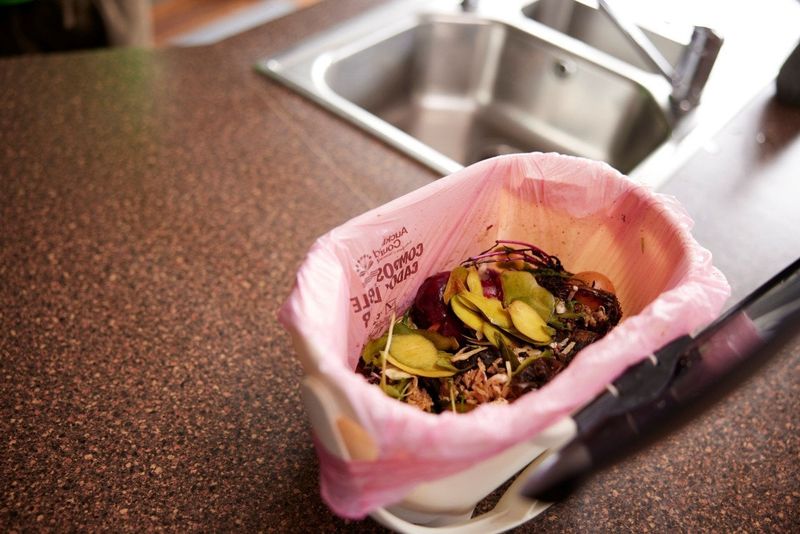
Leftover food scraps emit odors that could attract more than just fleas. The decomposition process, especially from organic waste, can create a scent that’s appealing to pests.
It’s important to dispose of food waste promptly and keep kitchens clean. Sealing garbage bins and using liners can prevent odors from escaping.
Compost bins should be managed carefully, ensuring they are closed tightly. Regularly cleaning kitchen surfaces with disinfectant will help minimize scent trails that attract pests.
These practices are crucial in maintaining a flea-free kitchen.
Old Furniture
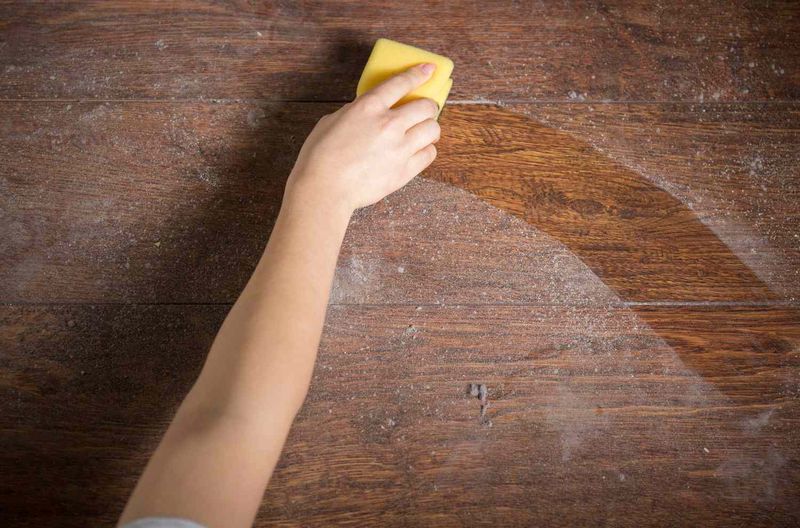
Old furniture, especially if unused, can harbor smells that are attractive to fleas. Dust and trapped odors provide perfect conditions for these pests.
Regular cleaning and airing out of such furniture are necessary. Applying upholstery sprays can refresh fabric and deter fleas.
If possible, steam cleaning can eliminate odors and pests. When acquiring second-hand furniture, inspect and clean thoroughly to avoid bringing fleas into your home.
Maintaining cleanliness and checking regularly can keep your home inviting for you, not fleas.
Dirty Dishes
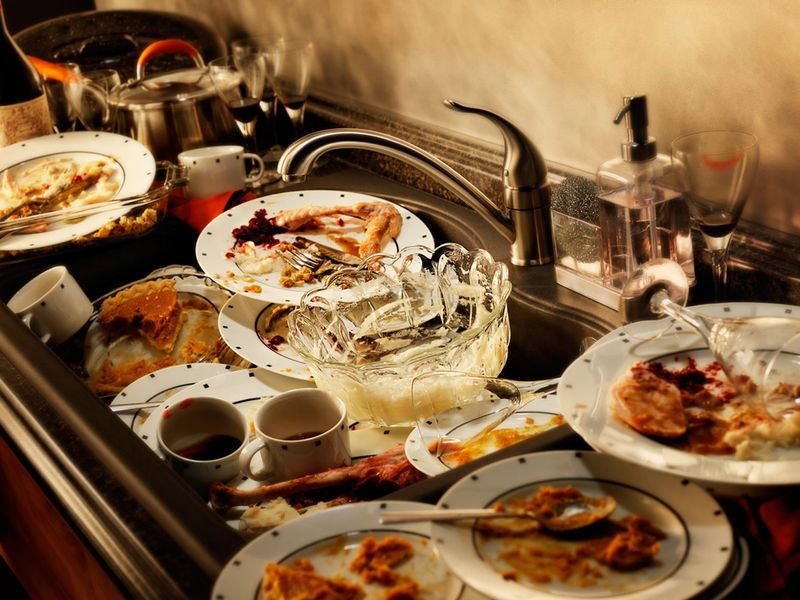
A stack of dirty dishes left in the sink can become a breeding ground for fleas. The combination of leftover food and moisture creates an ideal scent.
It’s important to clean dishes promptly and avoid leaving them out overnight. Using dish soap that has pest-repelling properties can be helpful.
Regularly cleaning the sink and surrounding area with vinegar or baking soda can neutralize odors. These routines not only maintain a clean kitchen but also reduce flea attraction significantly, contributing to a healthier home environment.
Trash Bins
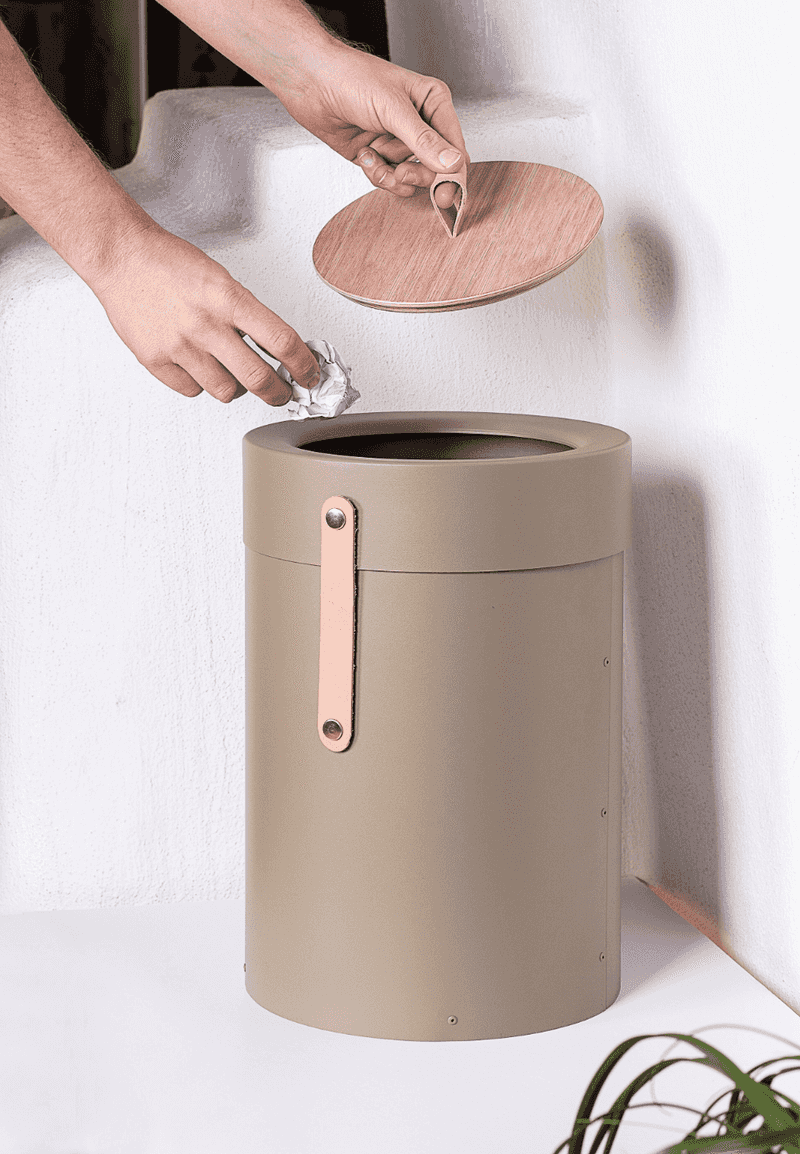
Overflowing trash bins can emit strong odors that are irresistible to fleas. The mix of organic waste and decomposition creates a potent scent.
Ensuring trash bins are sealed and emptied regularly is essential. Spraying bins with disinfectant can help neutralize these odors.
Opt for trash bags with odor-blocking technology. Regularly cleaning the bins themselves can also prevent fleas from nesting.
These precautions help maintain a cleaner, fresher-smelling home, reducing the chances of a flea infestation.
Animal Droppings
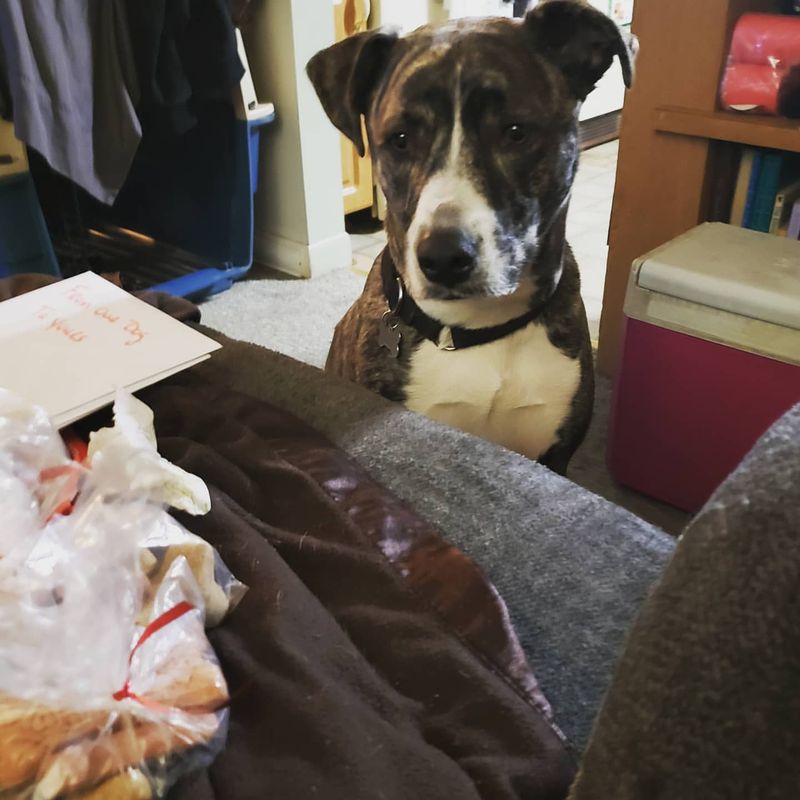
Animal droppings left unattended can produce smells that attract fleas. These odors signal the presence of a host animal.
Regularly cleaning up after pets is crucial in preventing flea attraction. Using a designated pet waste bin that seals odors can be helpful.
Garden areas should be monitored and cleaned to avoid accumulation. Implementing these practices ensures a cleaner, healthier outdoor space.
By being diligent about waste management, you can significantly reduce flea-friendly environments, protecting your home and pets.

